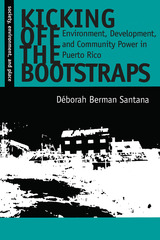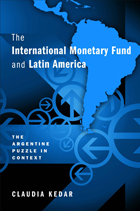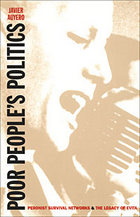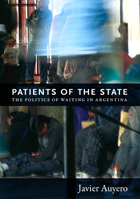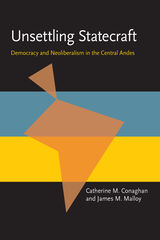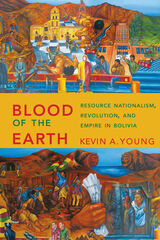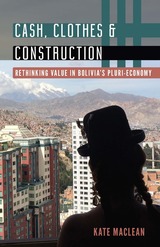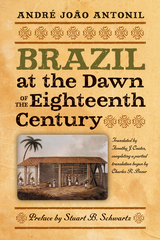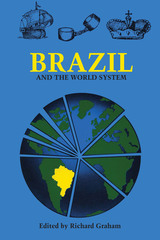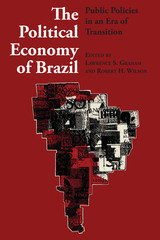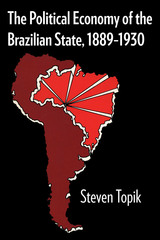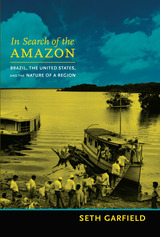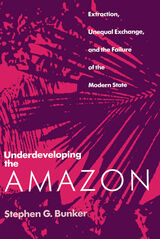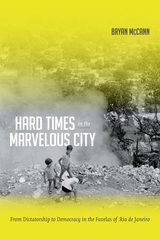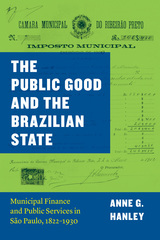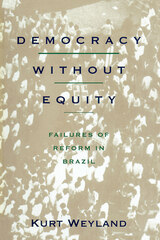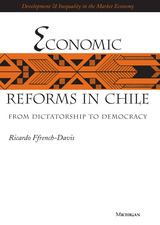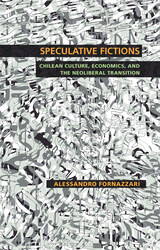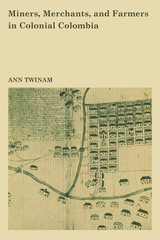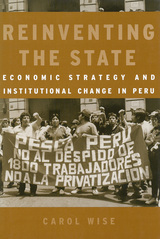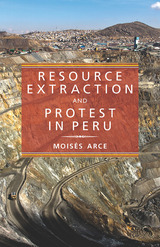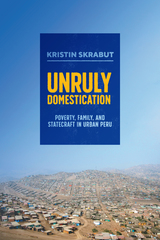Paper: 978-1-900039-31-4
Library of Congress Classification HC188.A5A26 2000
Dewey Decimal Classification 333.751709811
At the dawn of the 1990s, it seemed that Amazonia had become irrevocably trapped in a downward spiral of deforestation, environmental destruction and social conflict. Yet over the past ten years a more acute awareness has emerged at all levels, national and international, of the need to encourage more sustainable policies and practices. That is, measures that provide for the economic development needs of Amazonia's diverse population, while at the same time conserving and managing the region's natural resource base. At a major conference, organised in London in June 1998 by the Institute of Latin American Studies (Amazonia 2000: Development, Environment and Geopolitics), over twenty international scholars traced the evolution of this gradual shift in thinking. The present volume, based on that conference, examines past patterns of destructive resource extraction in Amazonia and, more importantly, critically analyses a series of newer initiatives that offer more sustainable options. These include, amongst others, new production strategies, such as agroforestry, innovative resource governance models such as inland fisheries co-management and agro-ecological zoning. The challenge at this critical juncture is how to integrate such policies and practices into mainstream development within Amazonia. Contributors: David Cleary, Rene; Dreifuss, Philip Fearnside, Jessica Groenendijk, Anthony Hall, Judith Kimerling, Tom Lovejoy, Dennis Mahar, David McGrath, Emilio Moran, Darrel Posey, Nigel Smith, and Wouter Veening.
See other books on: Amazon River Region | Challenge | Crossroads | Sustainable development | Sustainable forestry
See other titles from University of London Press

